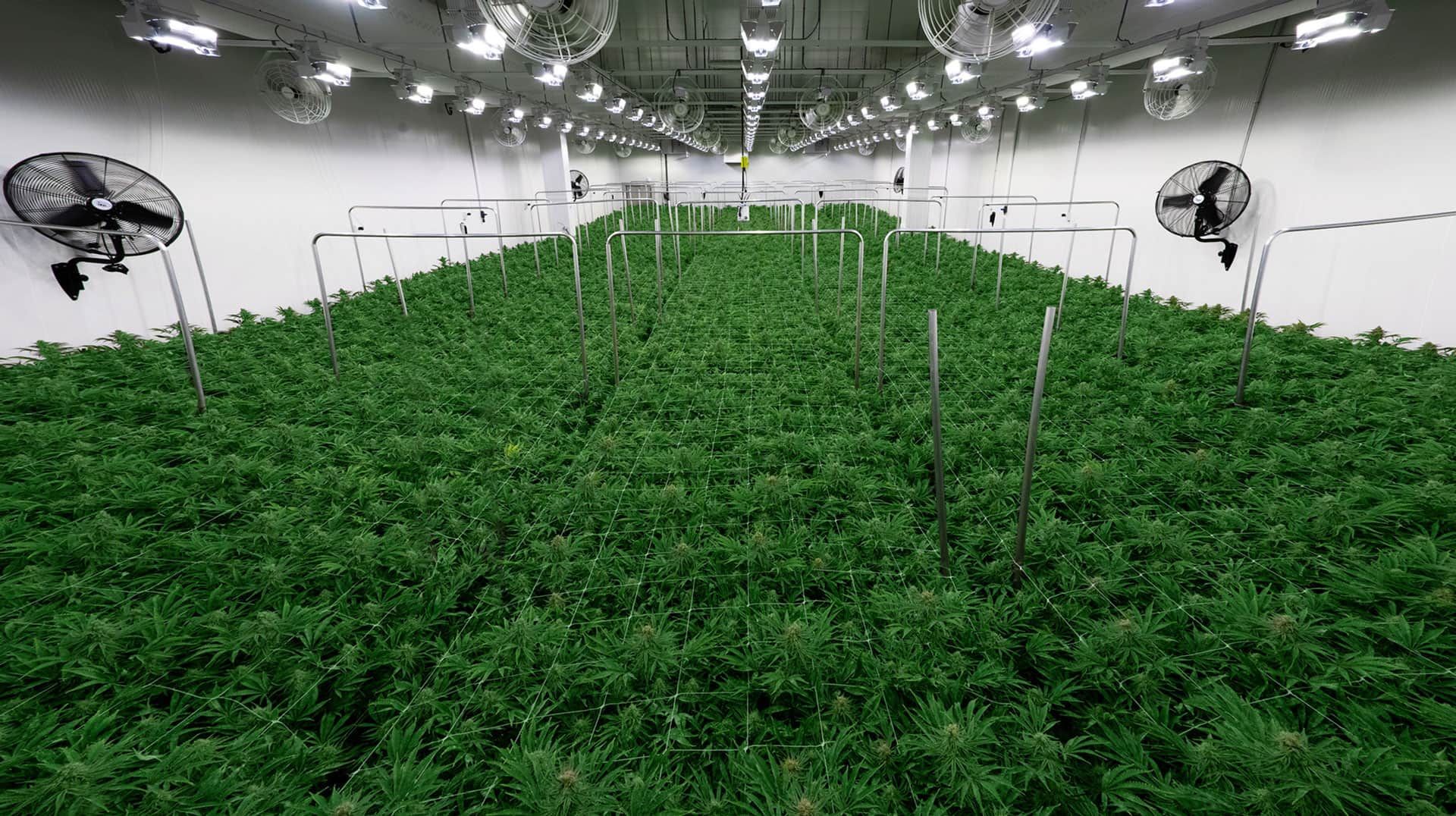
A group called the Global Cannabis Cultivation Research Consortium (GCCRC) will be launching it’s second global survey of cannabis cultivators this month, following up on their first survey from 2012-2013.
The initiative designed by the GCCRC will being conducted in 17 countries, including Canada and Uruguay, as well as Australia, Austria, Portugal, UK, USA, New Zealand and several others.
The GCCRC describes itself as a global network of academics who research cannabis cultivation. It is made up of researchers from Australia, Belgium, Canada (Prof David-Martin Milot Prof Karine Bertrand Faculty of Medicine and Health Sciences, Université de Sherbrooke, Quebec Prof Daniel Bear Faculty of Social and Community Services, Humber College, Toronto) Denmark, Finland, France, Georgia, Germany, Israel, Italy, New Zealand, Portugal, Switzerland, United Kingdom, the United States, and Uruguay.
The intent behind the survey is to understand what the various reasons people have for growing cannabis, what sorts of cultivation methods they use, and their opinions of the regulatory policies in their own country.
“The cannabis policy landscape has changed a lot since 2012 with cannabis legalisation for recreational use moving forward across multiple states of the US, Canada and Uruguay,” said the organization late last near. “Other countries, including Australia, are implementing medical cannabis schemes. We have many questions about how these new policy settings will influence home cannabis growers.
“We look forward to presenting the community with this opportunity to tell us about their growing patterns in this new era of cannabis policies!”
The results of the 2012-2013 survey can be found in in the International Journal of Drug Policy, as well as on the GCCRC website. For example, one paper uses data from the online web survey to look at “predominantly small-scale cannabis cultivators” in eleven different countries (Canada, the US, Belgium, Denmark, Finland, Germany, Austria and German speaking Switzerland, the Netherlands, the UK, and Australia.)
The study found that on average, cannabis growers in those countries who responded to the survey were nine timed more likely to be male than female, predominantly in their 20s-30s. Respondents from the US, the UK, Canada and Finland were all more likely to grow indoors than out.
The study also says that only 11% of respondents chose ‘so I can sell it’ as a reason to grow cannabis for most countries, but was higher in North America, with 28% in the US and 33% in Canada showing financial opportunities a greater incentive than in Europe.
About three-quarters of respondents said they had never been convicted of a criminal offence, with even higher rates (“ranging from 62% in Finland to 87% in Belgium and 95% in Canada – although the Canadian sample for this question was small”).
Another, “Attitudes of cannabis growers to regulation of cannabis cultivation under a non-prohibition cannabis model” surveys 1,722 cannabis growers in Australia, Denmark and the UK, on their opinions of their country’s cannabis growing policies.
It looks at support among survey respondents for different regulatory frameworks for cultivation, such as “no regulation (free market); adult only; growing licenses; restrictions on plant numbers; licensed business-only sale; approved commercial growing; etc.”
Respondents were asked “If prohibition were repealed, how do you think cannabis growing should be regulated, if at all?”
“Only adults (18+) should be legally able to grow cannabis” was endorsed by 69.9% of respondents. “Anyone could be able to grow for personal use but only licensed businesses could sell’ received 63.7% approval.
“Approved commercial growers could get a licence to grow and sell cannabis” was supported by 41.0% of the sample as a whole. “Individual growers could buy a licence to enable them to legally grow cannabis” was supported by 29.4%.
Only 24.4% of those surveyed agreed with the statement “There should be no restriction on the number of plants one could legally grow”. “Licensed individual growers would be restricted to growing only for personal use’ was supported by 22.6%.
“Licensed individual growers would be restricted to growing up to 10 mature plants” was supported by only 16.6%. Lastly, 14.3% agreed that “There should be no regulation: anyone should be able to grow cannabis for personal use or sale”.











